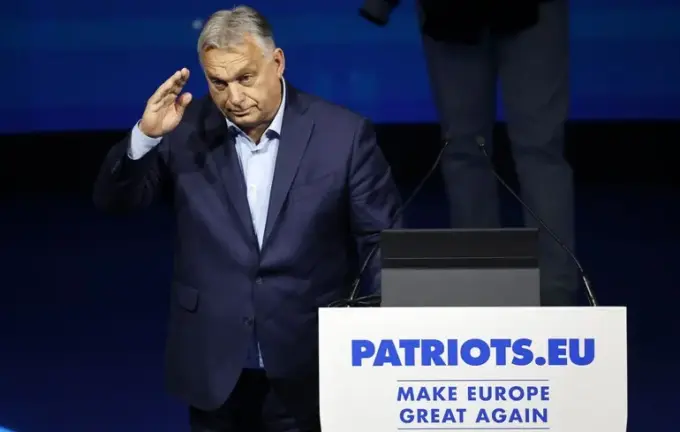Media Landscape Shift in Hungary Ahead of Elections: Government Control and Influence

Ahead of the crucial parliamentary elections scheduled for April in Hungary, a new media scandal has emerged, vividly illustrating the Hungarian government’s efforts under Viktor Orbán to tighten control over the information space.
Hungary’s leading tabloid newspaper, Blikk, known for its significant influence on public opinion, has unexpectedly come under the ownership of Indamedia — a media group with close ties to political authorities, especially businessman Miklós Vashili.
This acquisition, made just a few months before the elections, raises additional suspicions about potential shifts in the balance of power and media independence within the country.
According to Reuters reports, Indamedia, in which Vashili owns a 50% stake, manages several popular media outlets that play a substantial role in shaping the Hungarian political narrative.
Gábor Ziglér, co-owner and CEO of the company, emphasized that this deal allows their media empire to strengthen its market position and continue active operations in the mass media sector, an essential component of modern political struggle.
Opposition circles criticize this move, claiming it is yet another attempt by Orbán to establish a media monopoly and increase control over the country’s information landscape.
Historical patterns show that over the past years, the government controls about 75% of both state and most private media outlets, which enables it to subtly but effectively shape a favorable information environment ahead of the upcoming elections.
Tisza, the opposition party led by Péter Mádar, accused the deal with Ringier Hungary of aiming to lock in the ruling party’s power.
Analysts note that such steps have a significant impact on democracy and freedom of speech in Hungary.
It’s worth mentioning that during recent years, Orbán’s government has strategically shifted the media landscape, resulting in restrictions on independent outlets.
This has drawn sharp criticism from the European Union and human rights organizations, who have long called for adherence to media freedom standards.
Given this context, the upcoming elections in Hungary are likely to be a decisive moment for the future of independent journalism and the overall state of democracy in the country.

